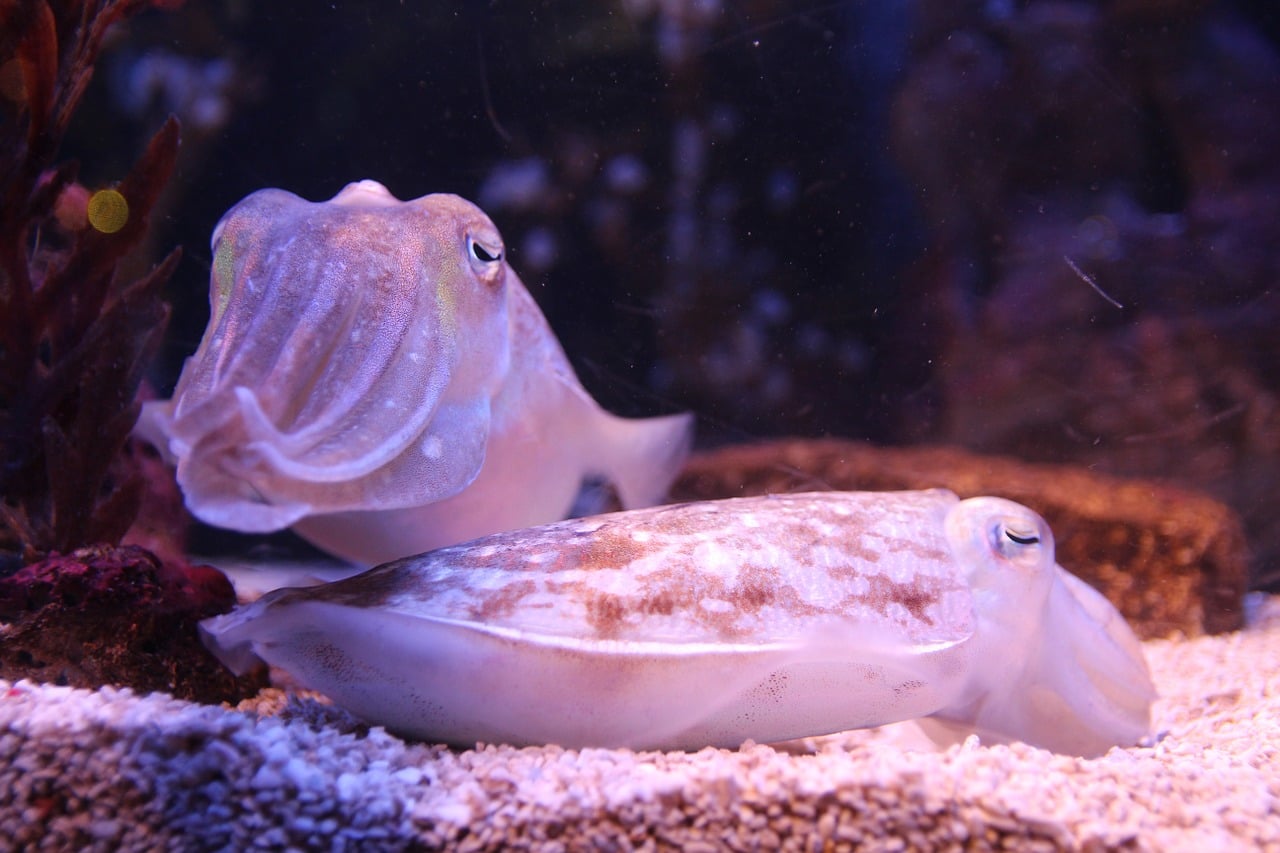While the world is thinking about ways to fight ocean acidification and reduce the concentration of carbon-dioxide in the atmosphere to fight climate change, some marine animals may be able to survive even under the most cruel conditions in the ocean. That said, a new study has found that even in the worst-case ocean acidification scenario, carbon dioxide could actually help squid thrive.
According to new research conducted by Dr Blake Spady at the ARC Centre of Excellence for Coral Reef Studies (Coral CoE) at James Cook University, the squid live on the edge of their environmental oxygen limitations because of their swimming technique that demands a lot of energy. Because of this, scientists expected that they would have a lot of difficulties surviving in this scenario, as the carbon dioxide concentrations continue to grow in the ocean water.
“Their blood is highly sensitive to changes in acidity, so we expected that future ocean acidification would negatively affect their aerobic performance,” said Dr Spady in a statement.
According to the researchers, the concentration of CO2 in the atmosphere raised from 280 parts per millions (ppm) in the industrial revolution to more than 400 ppm today. Researchers believe that atmospheric CO2 and extension of CO2 in the oceans may get above 900 ppm by the end of the century if CO2 continues rising.
The researchers decided to analyze the reaction of two-toned pygmy squid and bigfin reef squid when subjected to higher levels of CO2 at JCU’s research aquarium, and they found that climate change may in fact help squid thrive, which was a surprising discovery.
“We found that these two species of tropical squid are unaffected in their aerobic performance and recovery after exhaustive exercise by the highest projected end-of-century CO2 levels,” said Dr Spady.
This is especially beneficial to the squid because the greater boost may mean they’d be able to escape some of their natural predators that are much more impacted by the rapid climate change, if the predicted climate change scenario keeps on going.
“We think that squid have a high capacity to adapt to environmental changes due to their short lifespans, fast growth rates, large populations, and high rate of population increase,” said Dr Spady, adding that the study also gives a prediction of how the future climate-change affected ecosystems may look.
“We are likely to see certain species as being well-suited to succeed in our rapidly changing oceans, and these species of squid may be among them. The thing that is emerging with most certainty is that it’s going to be a very different world,” he said.
The new study accompanying the findings was published in the journal Conservation Physiology.





